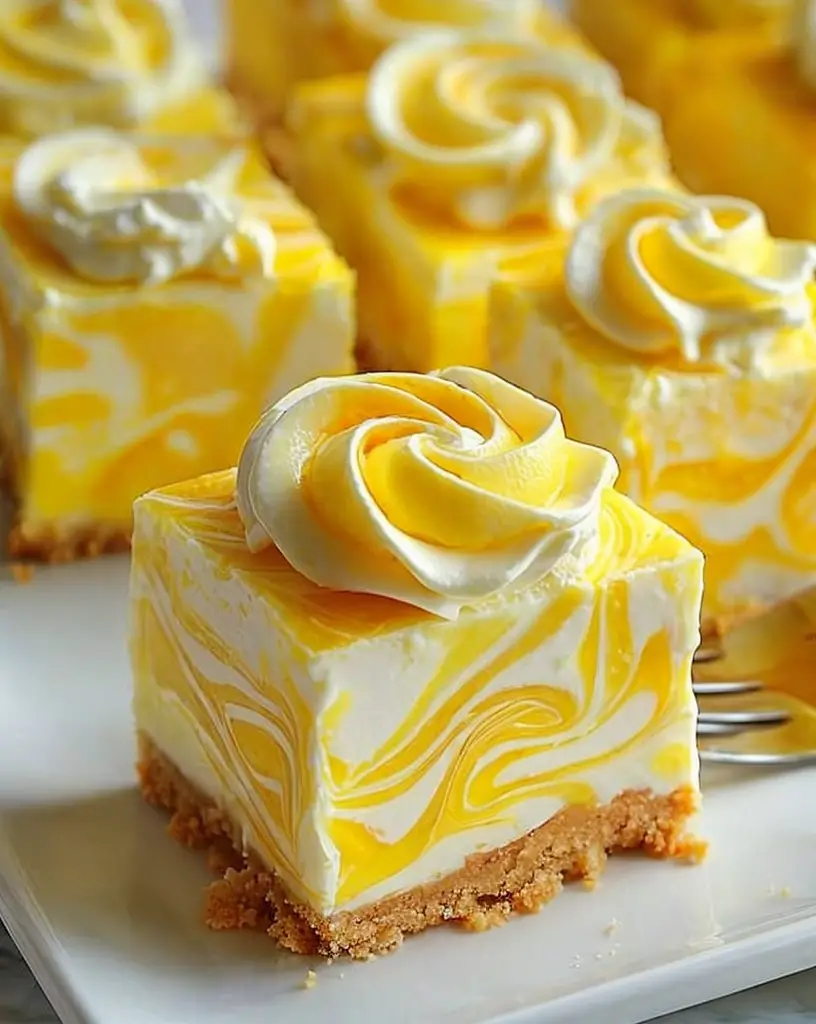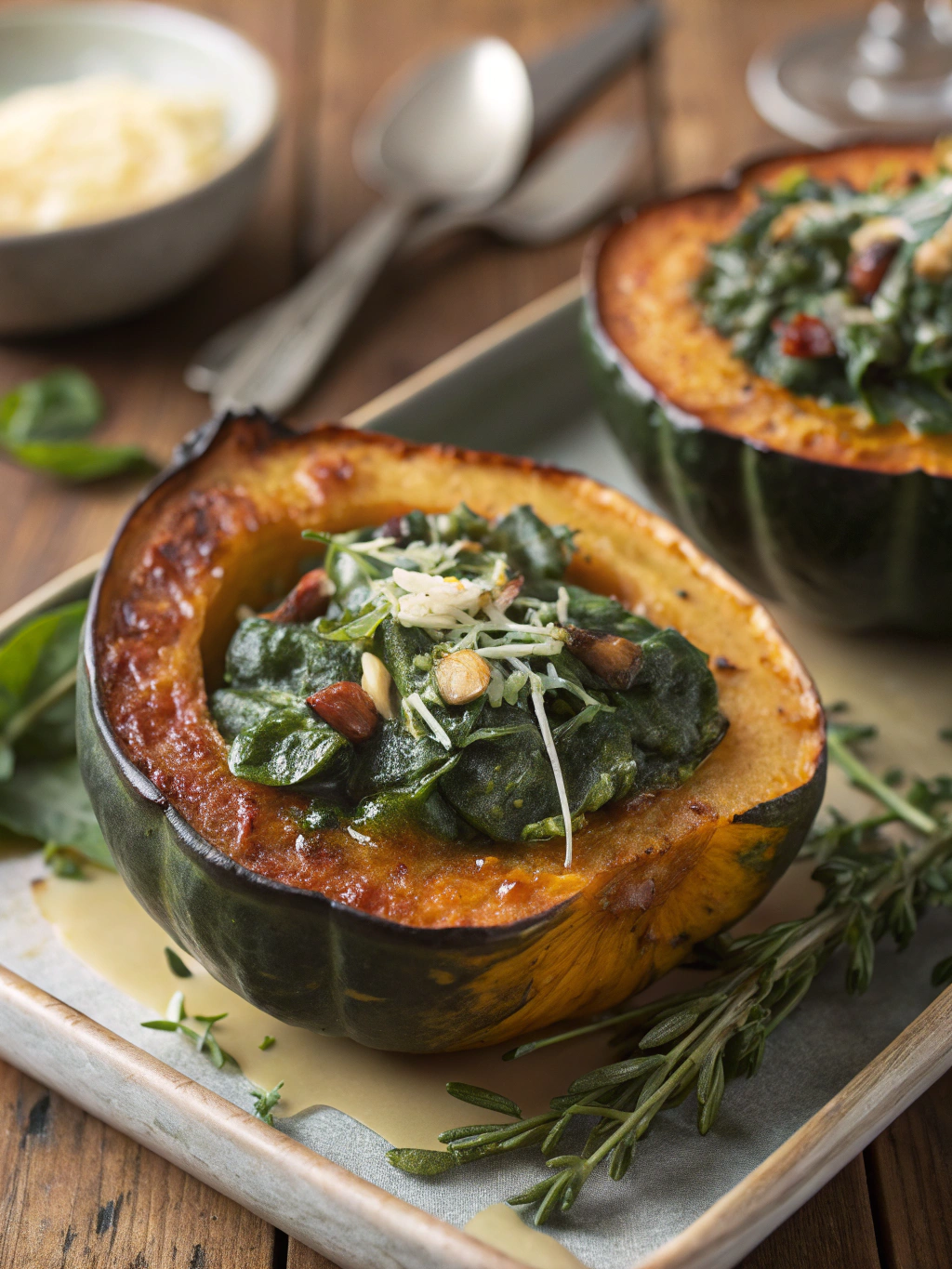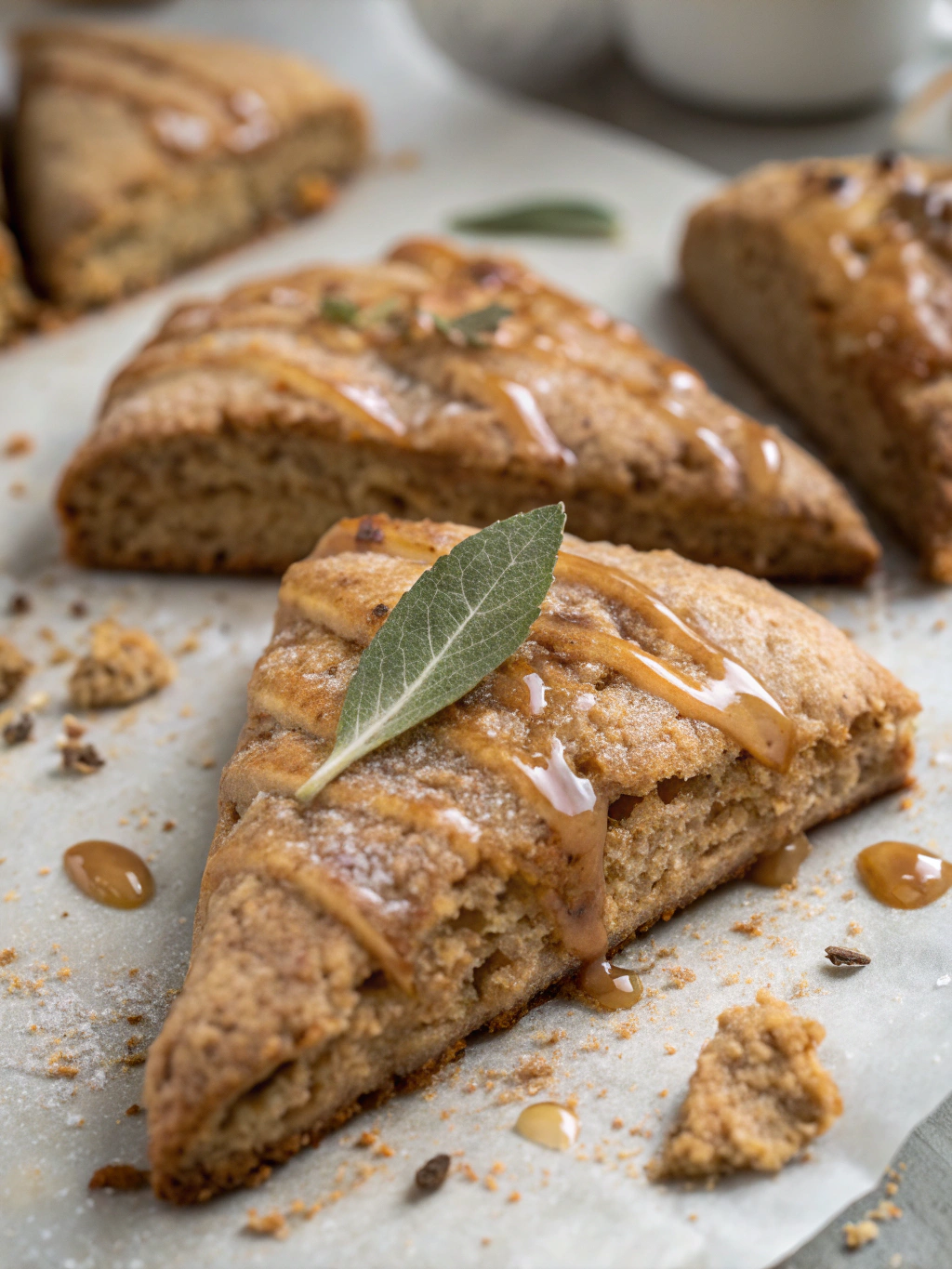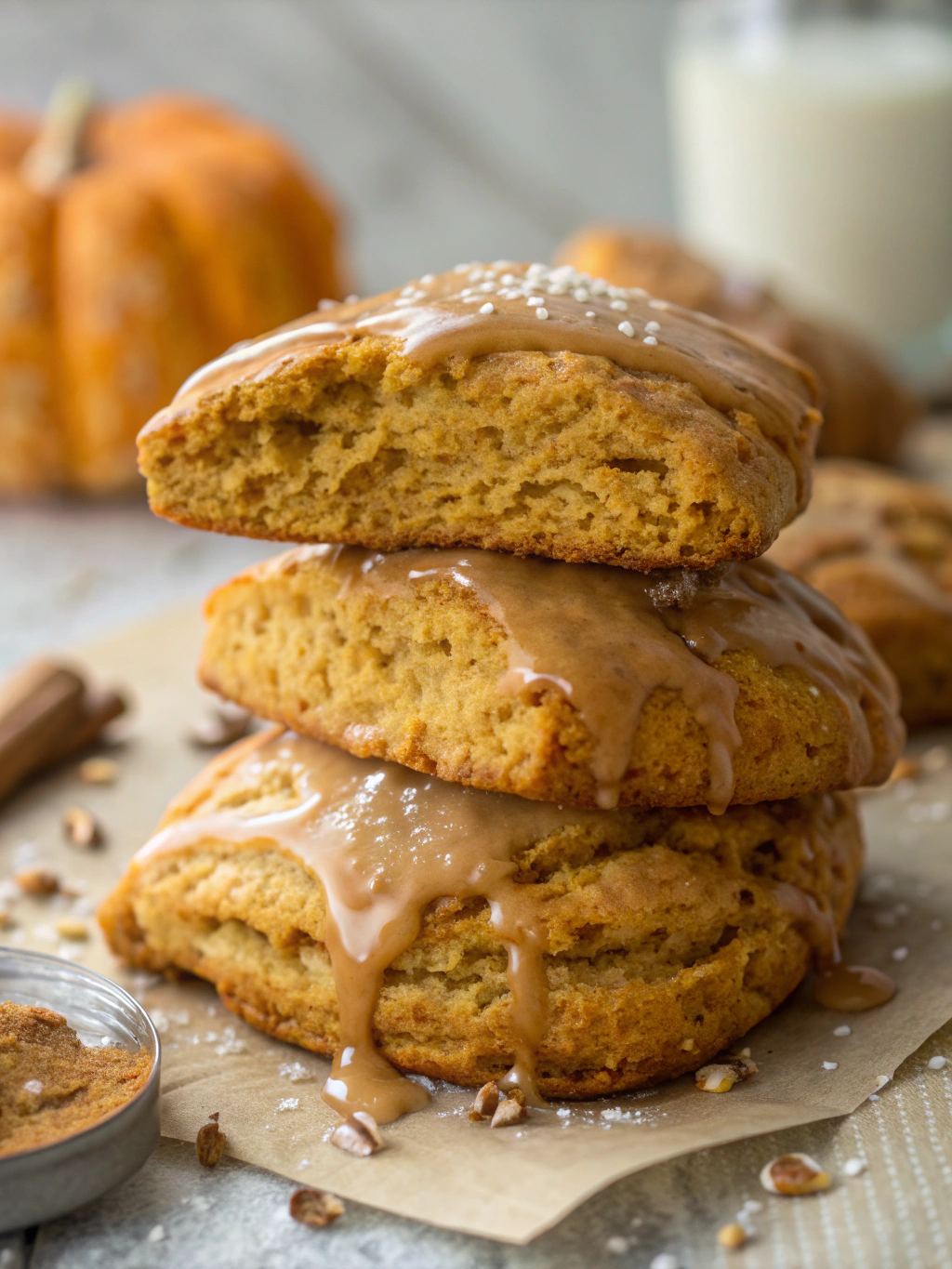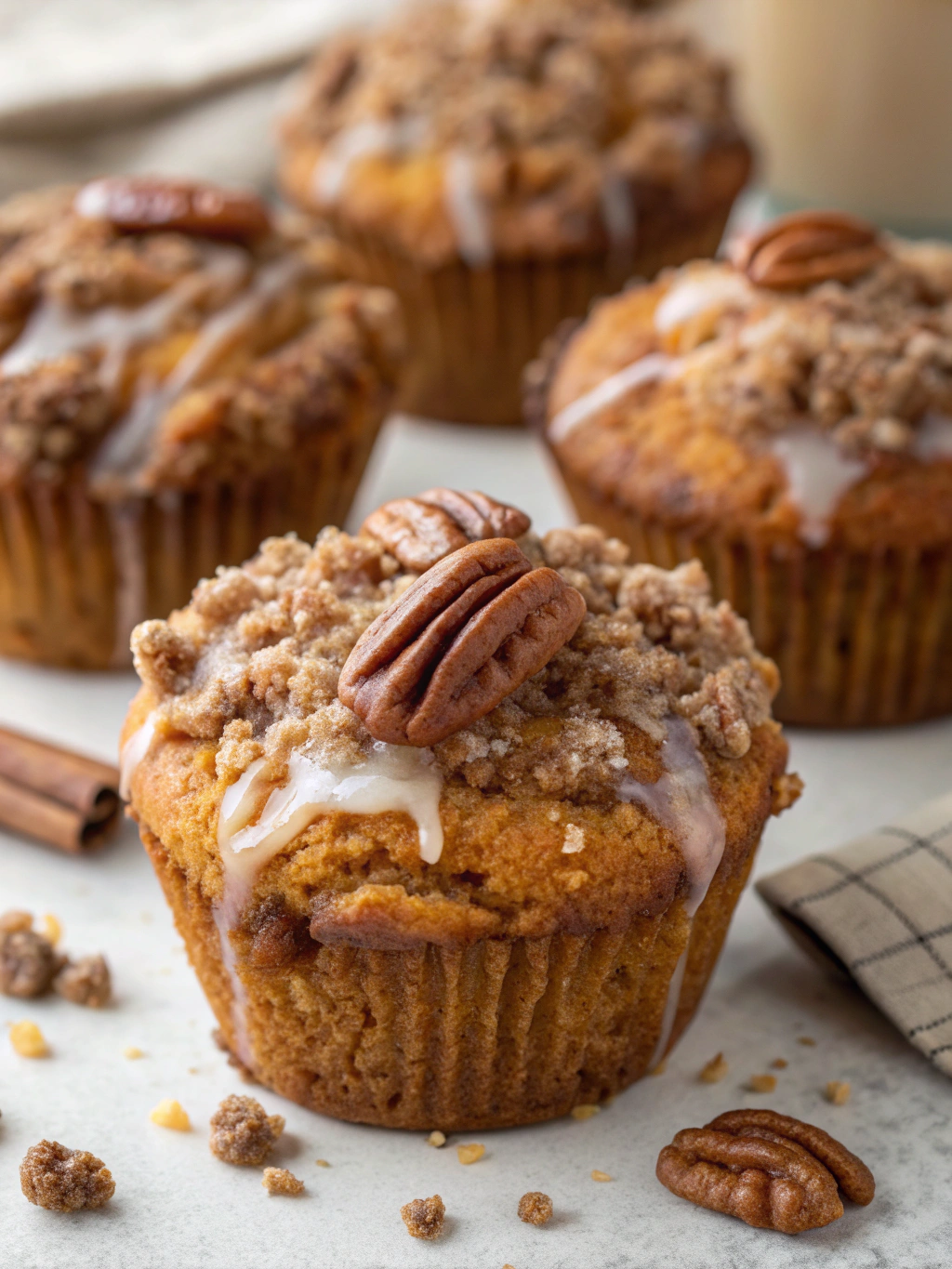Elegant Lemon Marbled Cheesecake Bars: A Treat to Enchant Your Senses
Delight your taste buds with these elegant lemon marbled cheesecake bars. Combining the richness of cheesecake with the zesty brightness of lemon, this dessert is a sure way to make any occasion unforgettable. The marbled pattern is not only visually striking but also offers a perfect balance of flavors, making each bite a harmonious blend of tart and sweet. Whether you’re a dessert enthusiast or a casual baker, this recipe is designed to elevate your culinary skills and impress your guests.
Quick Recipe Highlights
- Flavor Profile: The tangy lemon provides a fresh contrast to the creamy, sweet cheesecake filling, offering a burst of zest with every bite.
- Texture: These bars boast a smooth, velvety texture atop a crispy base, combining creamy and crunchy elements seamlessly.
- Aroma: As they bake, the lemon’s citrusy scent fills the air, mingling with the warm, rich notes of the baking cheesecake.
- Visual Appeal: The eye-catching marble effect, with its swirls of yellow against the pale cream, makes a sophisticated presentation.
- Skill Level Needed: With a few layering and swirling techniques, even an intermediate baker can master this enticing recipe.
- Special Equipment: A mixing bowl, electric mixer, and a baking pan will be your main tools for creating this masterpiece.
Recipe Overview
- Difficulty Level: The recipe is marked intermediate, requiring careful mixing to achieve the perfect creamy texture without clumps or overmixing.
- Category: A perfect dessert option for parties, family gatherings, or simply indulging yourself in a moment of culinary luxury.
- Cuisine: Inspired by American classics, this recipe echoes the tradition of rich, creamy cheesecakes with a modern citrus twist.
- Cost: With readily available ingredients, this recipe is budget-friendly, making it easy to treat family and friends without breaking the bank.
- Season: Though enjoyable year-round, the lemony freshness particularly suits the spring and summer months, enhancing the season’s brightness.
- Occasion: These bars are a luxurious addition to any celebration, particularly suited to elegant brunches, or as a refined dessert after a light summer meal.
Why You’ll Love This Recipe
The taste of these lemon marbled cheesecake bars is simply extraordinary. Each bite brings together the silken texture of classic cheesecake with a delightful lemon zing, creating a truly memorable dessert experience. The marbling technique not only adds a visual twist but also ensures that the lemon flavor is distributed beautifully throughout the dish.
Preparation is straightforward, making it a convenient dessert when you want something impressive without spending hours in the kitchen. From blending the filling to achieving the perfect swirl, the steps are easy to follow, ensuring successful results even for those not accustomed to baking.
Nutritionally, these bars maintain a balance between indulgence and lightness. Lemon adds not only flavor but also nutritional benefits. Rich in vitamin C, lemons support your immune system while amplifying taste.
Socially, these cheesecake bars are conversation starters at any event. Their eye-catching presentation and unique flavor profile make them a delightful topic of discussion, inviting compliments and even recipe requests from your guests.
Cost-effectiveness is another reason you’ll love this recipe. Utilizing pantry staples and seasonal lemons, the budget remains under control, allowing for elegance without extravagance. The accessibility of the ingredients means you’re never too far from whipping up a batch of these sophisticated delights.
Historical Background and Cultural Significance
The origin of cheesecake dates back to ancient Greece, where it was favored by athletes and considered a source of energy. Lemons, arriving later through trade, brought their own refreshing twist to food, eventually making their way into dessert recipes.
Culturally, lemon cheesecake has become a symbol of versatility in dessert menus worldwide. The balance of flavors and textures exemplifies the evolution of traditional recipes adapted to suit contemporary palates.
Over time, the introduction of marbled patterns in cheesecakes has become a reflection of modern culinary art, turning a simple dessert into a canvas for creativity. This particular technique allows for customization, inviting bakers to experiment with colors and flavors according to preference and tradition.
Regional variations abound, from zesty lime versions in the tropics to orange-infused alternatives in Mediterranean areas, each maintaining the underlying principles of texture and zest so beloved in these cheesecake bars.
Ingredient Deep Dive
The star ingredient, lemon, is celebrated for its crisp, citrusy burst across cuisines. Historically cherished for its aromatic and preservative qualities, lemon adds not just flavor but also enhances the overall eating experience.
Nutritionally, lemons are a powerhouse of vitamin C, antioxidants, and flavonoids. They aid digestion and support immune function. When selecting lemons for this recipe, choose firm, glossy fruits without blemishes for optimum freshness and juice yield.
For cheesecake stability and flavor, a good-quality cream cheese is essential. Choose a full-fat variety for the richest texture. Properly stored, cream cheese can last weeks in the refrigerator and should be brought to room temperature ahead of use for seamless mixing.
Substitution options such as lime can replace lemon for a different citrus note, and coconut cream can provide a non-dairy alternative, ensuring the dessert remains versatile and accommodating.
Common Mistakes to Avoid
- Overmixing the cheesecake batter can lead to a dense final product. Mix just until combined.
- Using cold cream cheese can cause lumps in your batter; always ensure it’s at room temperature before starting.
- Skipping the lining of the baking pan can make removal difficult and may damage your bars.
- Pouring all lemon curd on top at once can hinder the marbling effect; add gradually for the best result.
- Not pre-baking the crust may result in a soggy base lacking the desired crispiness.
- Opening the oven frequently can cause the cheesecake to crack due to fluctuating temperatures.
- Rushing the cooling process by removing the cheesecake from the oven too soon can cause it to collapse.
- Failing to chill the bars adequately will impair the texture, preventing them from setting properly.
- Baking at incorrect temperature can lead to uneven cooking—always check with an oven thermometer.
Essential Techniques
The art of marbling involves carefully swirling contrasting batters. This technique is vital for creating the distinct visual appeal of the bars. It’s important to move slowly and precisely with a skewer or knife to ensure even distribution without over-mixing.
Mastering the perfectly set cheesecake is crucial. A gentle jiggle in the center is your cue to remove it from the oven. Slight movement means it’s baked to a creamy perfection without overcooking.
Achieving a smooth cheesecake filling relies on adequately incorporating each ingredient. Begin with room-temperature components to prevent clumps and ensure a uniformly luscious texture.
Pro Tips for Perfect Lemon Marbled Cheesecake Bars
For deeper lemon flavor, add a touch of lemon zest to the cheesecake filling. Zest offers concentrated citrus notes without adding acidity.
Chill your mixing bowl and beaters before starting, especially in warm climates. Cold tools help maintain the right consistency of your cream mixtures.
When spreading the cheesecake layer, use an offset spatula for a smooth finish. This tool allows closer control and a professional touch.
Lightly grease your knife when slicing the bars to achieve clean cuts without the cheesecake sticking and dragging.
Allow the bars to cool gradually inside the turned-off oven with the door slightly open to prevent cracking from temperature shocks.
Before serving, top with a dollop of whipped cream or a sprinkle of finely grated lemon zest to enhance both visual appeal and flavor.
If possible, prepare these bars a day in advance. As they rest, the flavors meld, enhancing the overall taste after they’ve had time to settle.
Variations and Adaptations
Regional variations of this recipe include switching lemons for local citrus fruits, such as oranges or mandarins, popular in Mediterranean and Florida-inspired adaptations.
For a seasonal twist, consider adding fresh berries, either whole or as a puree, to the marbling mixture. This adds color and complements the tartness of the lemon.
Dietary modifications are possible by replacing regular cream cheese with a vegan alternative and swapping the traditional crust for gluten-free options, ensuring everyone can enjoy these delicious bars.
For added flair, incorporate spices such as cardamom or ginger to the cheesecake batter, enhancing the aromatic quality and providing warmth.
Texture modifications could involve using a graham cracker crust embedded with nuts like almonds to introduce a nuttier, crunchier base.
Presentation can be elevated by using floral patterns for marbling, creating elegant designs that mirror the sophistication of the cheesecake bars.
Serving and Presentation Guide
For an elegant plating technique, ensure bars are of equal size. Pair slices with a small sprig of mint or edible flowers to enhance the visual aesthetic.
Garnishing ideas include sprinkling freshly grated lemon zest, or drizzling a fine layer of caramel sauce for added sweetness and gloss.
Traditional accompaniments might include a side of whipped cream or vanilla ice cream, balancing the tartness with creamy textures.
Modern serving suggestions advocate for a minimalist approach, perhaps with a shard of candied lemon peel for a sophisticated touch.
Temperature is key; these bars should be served well-chilled to ensure a firm texture and crisp flavors that don’t overwhelm the palate.
Portion control tips include using a sharp knife for straight edges and serving on individual dessert plates for personalized presentation.
Wine and Beverage Pairing
Pair these cheesecake bars with a crisp, refreshing Riesling. The wine’s peach and citrus notes complement the lemon without overpowering it.
For a non-alcoholic option, a sparkling apple cider or a lemon-infused iced tea provides a delightful contrast to the creamy dessert.
If serving with coffee, consider a light-bodied blend with floral or citrus undertones to echo the cheesecake’s zest.
Wine should be served chilled but not too cold as to mask its bouquet—around 45°F is perfect. Avoid overpowering reds which may clash with the tartness.
Beverages should be offered in accompaniment, not as the main feature, facilitating a balanced dessert experience that enhances the cheesecake’s qualities.
Storage and Shelf Life
These cheesecake bars should be stored in an airtight container in the refrigerator, where they’ll keep for up to five days.
For optimal freshness, do not stack layers; instead, use parchment between bars to prevent sticking and maintain integrity.
Signs of spoilage include a sour smell or discoloration; when in doubt, it’s safer to discard any questionable pieces.
Reheating isn’t necessary; serve directly from refrigeration for best texture and flavor retention.
Freezing is an excellent option for longer storage, up to three months. Ensure bars are tightly wrapped to prevent freezer burn. Thaw overnight in the refrigerator before enjoying.
Make Ahead Strategies
Make the crust ahead by preparing and freezing until needed. This separates tasks and reduces day-of work.
Storage between the preparation stages is crucial; ensure each component cools completely before assembling to avoid melting and unwanted consistency changes.
Assess the quality impact carefully; preparing too far in advance might dull the lemon zest, affecting the overall zingy profile.
Assembly tips include working quickly yet methodically to keep mousse-like textures airy and marbling defined.
Reheat lemon curd slightly before swirling to ensure fluidity and ease of manipulation.
Fresh elements, like mint or zest toppings, are best added just before serving to maintain vibrancy.
Scaling Instructions
For halving the recipe, simply reduce ingredient quantities by half, and opt for a smaller baking pan to retain thickness.
Doubling or tripling calls for a full-size oven tray, with vigilant checking during baking to prevent overcooking across larger surfaces.
Equipment adjustments might include using a stand mixer fitted with a paddle if expanding batch sizes exceed manual handling capacities.
Timing modifications might involve longer baking to compensate for increased volume—monitor color and jiggle tests carefully.
Storage considerations include ensuring added amounts have dedicated storage space to accommodate larger yields, avoiding pressure on individual bars.
Nutritional Deep Dive
A standard serving imparts a balance of fats, carbs, and protein—integral to a diverse diet while providing indulgence.
Micronutrients from lemon and cream cheese contribute calcium, vitamin C, and some B vitamins, beneficial for metabolic pathways and bone health.
With each bar, you enjoy health benefits intrinsic to citrus fruits, ranging from anti-inflammatory properties to digestive aids.
Dietary considerations highlight the presence of lactose and gluten, potentially requiring adaptations for intolerances.
Portion sizing remains pivotal in meeting dietary preferences without overly surpassing daily caloric intake—reasonable servings satisfy without excess.
Weight management is aided by strategy serving, where savoring smaller, flavor-rich portions complements larger meal setups effectively.
Dietary Adaptations
For gluten-free adaptations, substitute the standard crust with almond flour-base. This change will not compromise flavor or texture.
Dairy-free seekers can use coconut cream cheese, maintaining creaminess with a subtle coconut twist, harmonizing with lemon beautifully.
To veganize, pair coconut cream with cashew cream toppings for a nutty accompaniment to the citrus notes.
For low-carb, replacing traditional crusts with nutty or almond-meal options allows for ketogenic alignment while maintaining structure.
Keto enthusiasts may enjoy using erythritol or similar sweeteners in place of sugar without altering the final dessert’s quality.
A Paleo alternative involves using raw honey to sweeten, enriching both the nutritional profile and flavor depth.
Low-FODMAP adaptation can be achieved using lactose-free cheeses and spreading layers thinner to retain lightness without digestive strain.
The Recipe
Elegant Lemon Marbled Cheesecake Bars
Serves: 12 bars
Prep Time: 25 mins
Cook Time: 45 mins
Total Time: 70 mins
Kitchen Equipment Needed
- Mixing bowls
- Electric mixer
- 9×9 inch baking pan
- Parchment paper
- Spatula
- Knife
Ingredients
- 1 cup graham cracker crumbs
- 1/4 cup melted butter
- 2 tablespoons sugar
- 16 oz cream cheese, softened
- 1/2 cup sugar
- 2 large eggs
- 1 tablespoon lemon zest
- 1/4 cup lemon juice
- 1/4 cup prepared lemon curd
Directions
- Preheat your oven to 325°F (163°C). Line a 9×9 inch baking pan with parchment paper, leaving an overhang for easy removal.
- Combine graham cracker crumbs, melted butter, and sugar in a bowl. Press into the bottom of the prepared pan to form a crust. Bake for 10 minutes and set aside to cool.
- In a large bowl, beat the cream cheese and sugar together until smooth. Add in eggs one at a time, mixing thoroughly. Stir in lemon zest and juice until combined.
- Pour cream cheese mixture over the cooled crust. Drop spoonfuls of lemon curd on top of the filling and swirl with a knife to create a marbled effect.
- Bake in the preheated oven for 35 minutes or until the center slightly jiggles. Cool on a wire rack, then refrigerate until fully set, about 2 hours.
- Once set, use parchment overhang to lift the cheesecake out of the pan. Cut into bars with a clean knife for serving.
Recipe Notes
- If lemon zest is unavailable, feel free to use 1 teaspoon of lemon extract as an alternative.
- These bars store well in the refrigerator for up to 5 days, making them a great make-ahead dessert.
- For best consistency, ensure all dairy components are at room temperature before mixing.
Troubleshooting Guide
- Texture issues often arise from overbaking. Look for a slight jiggle in the center to determine doneness.
- Balance flavor by adjusting the amount of lemon zest if the tang is overwhelming upon initial taste tests.
- Temperature problems may cause cracks; cool the cheesecake gradually in the oven with the door ajar.
- Equipment challenges can be mitigated by periodically checking electronic device efficacy, especially with older mixers and ovens.
- Ingredient substitutions like swapping sugar with a lower-calorie sweetener require taste testing, as sweetness levels may vary.
- Timing concerns are addressed by setting and adhering to timers for each phase. Cooling stages are as crucial as the baking itself.
Recipe Success Stories
Reader feedback frequently highlights these bars as the star of any dessert table. One enthusiastic comment mentioned delighting a group of food critics at a local event, turning this simple recipe into a talent showcase.
Variation stories abound, with successful lemon-lime mixes adding refreshing complexity. Social media reviews often reveal creative takes, featuring lime zest or customized marbling designs achieving rave results.
Adaptation isn’t limited to flavors; one reader shared their experience in creating a gluten-free version for a friend, demonstrating seamless inclusivity and shared culinary joy.
Photography tips from our community suggest capturing these bars under natural light to showcase their marbled beauty, complemented by trendy settings for an Instagram-ready appearance.
Frequently Asked Questions
Can I use bottled lemon juice?
While fresh lemon juice is recommended for the brightest flavor, bottled can be used in a pinch. Adjust sweetness accordingly, as it might be less tart.
How do I know when it’s done baking?
The cheesecake should be just set with a small jiggle in the center, indicating that it will firm up perfectly as it cools.
What’s the best substitute for graham crackers?
Digestive biscuits or shortbread cookies make excellent alternatives, providing a hearty texture that complements the cheesecake filling.
How can I prevent cracking?
Prevent cracks by avoiding overbaking and gradually cooling in the oven. Adding a shallow water bath in the oven can also help maintain a consistent temperature.
Why did my cheesecake become lumpy?
Lumps often result from cold cream cheese. Always bring your cream cheese to room temperature before mixing to ensure a smooth batter.
Is it okay to freeze these bars?
Yes, you can freeze them well-wrapped for up to three months. Thaw in the refrigerator overnight before serving for best results.
Can I prepare this recipe in advance?
These cheesecake bars are excellent for preparing ahead. They can be made a day prior to serving, allowing flavors to meld beautifully.
What if my cream cheese isn’t fully softened?
Place cream cheese blocks in a microwave-safe bowl, heating in 10-second intervals until just soft to the touch, ensuring excess liquid doesn’t form.
How long should I let them set before slicing?
Refrigerate the bars for at least two hours, although overnight is preferable for clean slices and firm texture.
How to maintain a clean knife while slicing?
Run the knife under warm water and dry it between each slice to ensure neat, non-sticky cuts that preserve the marbled design.
Additional Resources
Looking to expand your cheesecake horizons? Check out related recipes like no-bake strawberry cheesecakes, which marry creamy textures with fruity delights. Our technique guides offer tips on perfecting cheesecake bases, crucial for mastering this recipe category.
Ingredient information is rich within our blog archives: explore more about the nutritional benefits and culinary uses of citrus fruits. Check our equipment recommendations for must-have tools that simplify and enhance your baking adventures.
Seasonal variations bring an exciting twist, with articles discussing the best fruits to incorporate per month, allowing each cheesecake rendition to reflect the time of year.
Join the Conversation
We love seeing your creations. Share your lemon marbled cheesecake bars on social media using #CheesecakeElegance. Follow us for behind-the-scenes tips and tricks that make your cheesecake journey smoother and more enjoyable.
Contribute your own recipe reviews to our community forum, fostering a curated collection of experience-driven advice. The conversation never stops, as you engage with fellow bakers sharing wisdom, successes, and innovative twists on this classic recipe.
Explore recipe variations born from global inspirations. Whether you add an exotic spice or a regional ingredient, we’re excited to see how our community personalizes this indulgent dessert, making it uniquely theirs.

